Jervis Pinto
Prosody Transfer in Neural Text to Speech Using Global Pitch and Loudness Features
Nov 21, 2019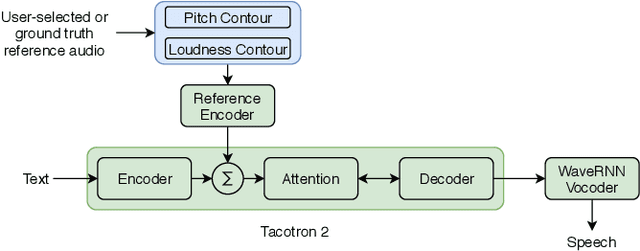
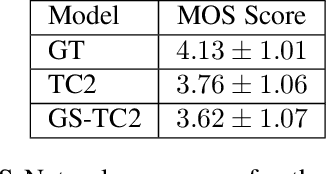
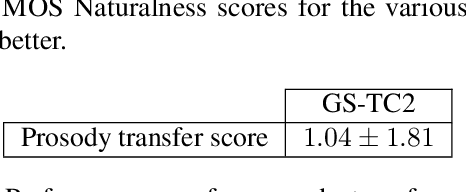
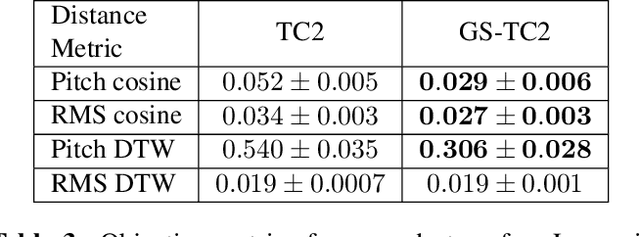
Abstract:This paper presents a simple yet effective method to achieve prosody transfer from a reference speech signal to synthesized speech. The main idea is to incorporate well-known acoustic correlates of prosody such as pitch and loudness contours of the reference speech into a modern neural text-to-speech (TTS) synthesizer such as Tacotron2 (TC2). More specifically, a small set of acoustic features are extracted from the reference audio and then used to condition a TC2 synthesizer. The trained model is evaluated using subjective listening tests and novel objective evaluations of prosody transfer are proposed. Listening tests show that the synthesized speech is rated as highly natural and that prosody is successfully transferred from the reference speech signal to the synthesized signal.
Winning Isn't Everything: Training Human-Like Agents for Playtesting and Game AI
Mar 25, 2019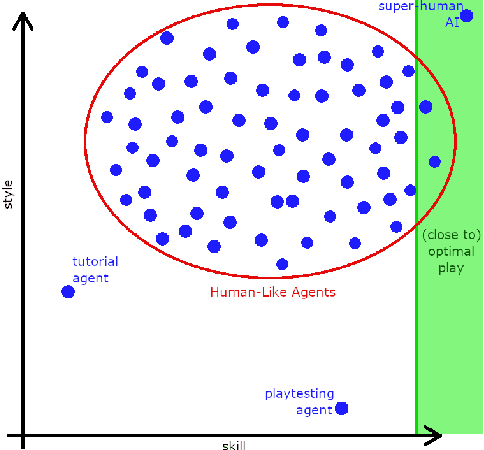

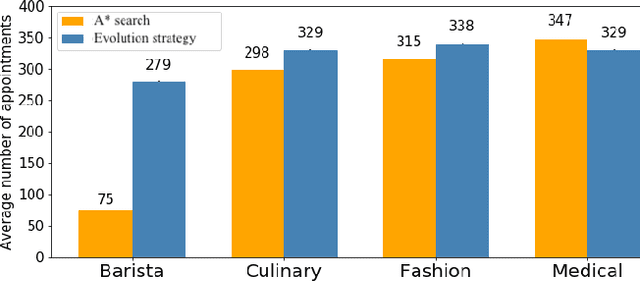

Abstract:Recently, there have been several high-profile achievements of agents learning to play games against humans and beat them. We consider an alternative approach that instead addresses game design for a better player experience by training human-like game agents. Specifically, we study the problem of training game agents in service of the development processes of the game developers that design, build, and operate modern games. We highlight some of the ways in which we think intelligent agents can assist game developers to understand their games, and even to build them. Our early results using the proposed agent framework mark a few steps toward addressing the unique challenges that game developers face.
 Add to Chrome
Add to Chrome Add to Firefox
Add to Firefox Add to Edge
Add to Edge